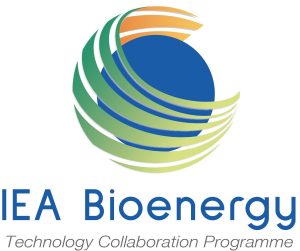Two new IEA Bioenergy publications cover topics central to EBNet and its working groups on Anaerobic Digestion (AD) and Anaerobic Fermentations (AF).
The newly-updated report from Task 44 Flexible Bioenergy and System Integration on Technologies for Flexible Bioenergy explores how sustainable bioenergy can provide temporal, spatial and sectoral flexibility to the energy system, as well as opportunities for diversity in feedstock, operation and end-products.
Meanwhile a recent report from Task 37 Energy from Biogas on Biogas Systems in Industry – an analysis of sectoral usage, sustainability, logistics and technology development gives an overview of biogas production and consumption patterns in ten European countries that are members of the Task. The analysis highlights production sources, end uses and industrial applications of biogas, with insights on its role in decarbonisation efforts. Two key aspects identified in the report are the importance of gas grid infrastructure, and the central role of biogas production in future integrated biorefinery systems.
Dr Mark Walker, who leads EBNet’s AD WG, said “These reports complement each other, and are excellent examples of the high-quality studies on biogas and biomethane that are developed and made freely available by the IEA Bioenergy Tasks”. Dr Yue Zhang, co-Lead of the AF WG, said “It’s great to see an emphasis on the strong links between production of hydrogen, CO₂, and volatile fatty acids from dark fermentation, and biomethane from AD. EBNet’s main focus is on waste management and pollution prevention, but these processes also lie at the heart of any sustainable biorefinery system”.



